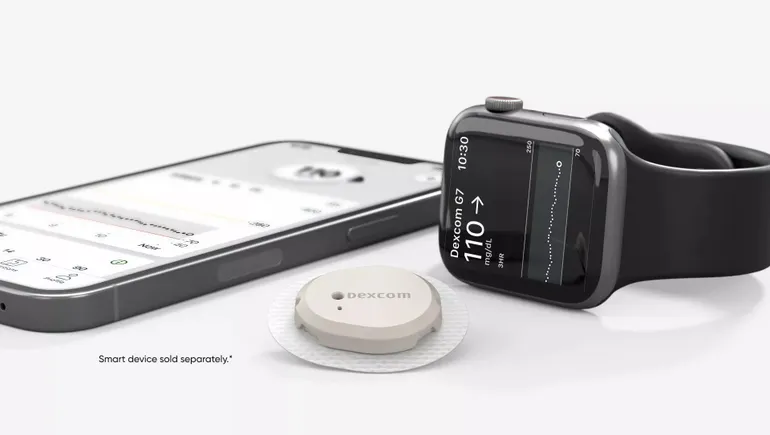Dive Brief:
- Dexcom and Novo Nordisk have encouraged the Food and Drug Administration to support the use of digital health technologies to detect prediabetes and undiagnosed Type 2 diabetes.
- The FDA issued a request for public comment last year on how technologies including AI and machine learning can help with early detection of risk factors for Type 2 diabetes, prediabetes and undiagnosed Type 2 diabetes.
- The consultation, which received responses from groups including Advamed, is part of the FDA’s push to use its powers to “provide significant improvements in health care, quality of life and wellness to diverse populations.”
Dive Insight:
The FDA used the public consultation to pose questions related to community engagement, science and innovation, outcomes, and clinical integration and implementation. Respondents answered the agency’s questions while also providing broader feedback on the actions they want the regulator to take.
Novo Nordisk, which sells diabetes medicines including Ozempic, is encouraging the FDA’s drug and device units to collaborate. The drugmaker believes policy position alignment and clarity on verification and validation of digital health technologies can accelerate the adoption of new tools in diabetes research and development.
“Leveraging the cross-center expertise within FDA will ensure a coordinated and consistent approach for the use of these tools to establish clinically meaningful biomarkers that can support disease detection, prevention and management,” the company wrote.
Dexcom, the manufacturer of the G7 continuous glucose monitor (CGM), expressed its hopes that the FDA will develop guidance on the use of digital health technologies in the detection of diabetes. The medtech company wants to have guidance on topics such as “the clinical evidence required to integrate [digital health technologies] into the prevention and diagnostic space.”
Novo Nordisk recommended “a stepwise, tailored approach to addressing prediabetes and undiagnosed Type 2 diabetes.” The recommendation reflects the belief that prediabetes and Type 2 diabetes have distinct healthcare considerations and, as such, “different methodologies, stakeholders and approaches” may be required in each setting.
Dexcom, Novo Nordisk and Advamed also responded to the FDA’s requests for specific information about the current status of digital health technology development. There are overlaps between the responses. Novo Nordisk, for example, discussed its interest in using CGMs, such as devices sold by Dexcom and Abbott, to capture data in clinical trials.
“We are pleased to see that the FDA recognizes the advantages of real-time and continuous data collection through CGMs and the increased value of this data to eliminate bias and its usefulness in diabetes management,” Novo Nordisk wrote.
Advamed and Dexcom also discussed the use of CGMs to detect prediabetes and to develop diabetes risk scores.
The consultation provided the FDA with more information about details of the work done by consortia, the subpopulations that may benefit from digital health technologies and the use of AI to analyze existing datasets. FDA officials are collecting the information as part of their work on health equity but have yet to discuss any specific actions on digital health technologies for detecting diabetes.

